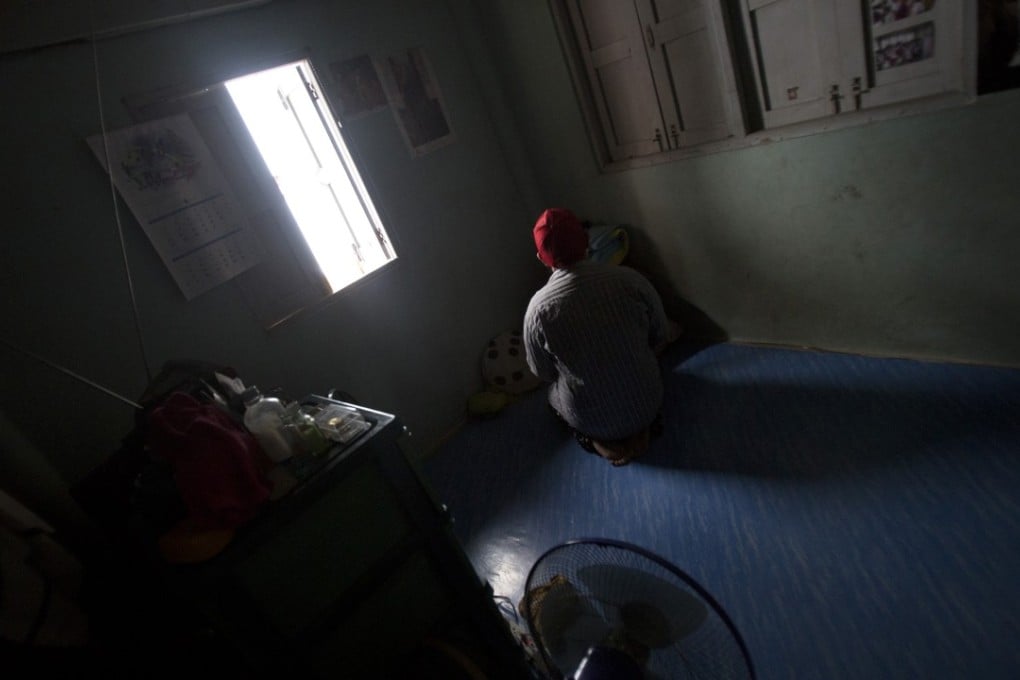How Asia’s surrogate mothers became a cross-border business
Clampdowns on surrogacy in Cambodia, Thailand and India have led to the emergence of complex, cross-border operations that put women, children and would-be parents at greater risk than before

Since surrogacy brokers began recruiting women from a sleepy community in Cambodia’s Takeo province last year, they seem to have knocked on every door except for that of village chief Ouk Savouen. By his estimates, at least a dozen women in the village, an hour’s drive from Phnom Penh, have delivered babies for foreign couples.
When Savouen reported the matter to police in 2016 there was little they could do as at that time the industry was operating in a legal grey area. A lack of government regulation against the practice had made Cambodia popular with foreign couples (“intended parents”) seeking surrogate mothers – and this popularity had only grown following decisions to ban the practice in India, Nepal and neighbouring Thailand.

So the recruiters kept coming. In Savouen’s village – where many families owe informal debts and gambling is popular, even among women – offers from brokers seeking surrogates were particularly tempting. A standard payment for a pregnancy would be in the region of US$10,000, more than five times the annual wage for a garment worker and enough to build a new home or pay off a loan.
In October, there was what Savouen viewed as a breakthrough: the health ministry followed other countries in the region by deciding to ban foreigners from seeking commercial surrogacy within its borders.
That decision may have been welcomed by people like Savouen, but it’s had a host of unintended, and unpleasant consequences, not least among them the chaos it has caused for surrogates and intended parents whose embryos were implanted before the decision was made. The ensuing chaos forced Phnom Penh in recent weeks to announce an “exit strategy” for such children, though dozens of intended parents are still reporting problems in taking custody of their newborns.
More worryingly, say campaigners, is that the decision, alongside other countries’ clampdowns on surrogacy, has led to the emergence of a new, unregulated cross-border industry that exists outside any national jurisdiction and puts women, children and parents at greater risk than before.